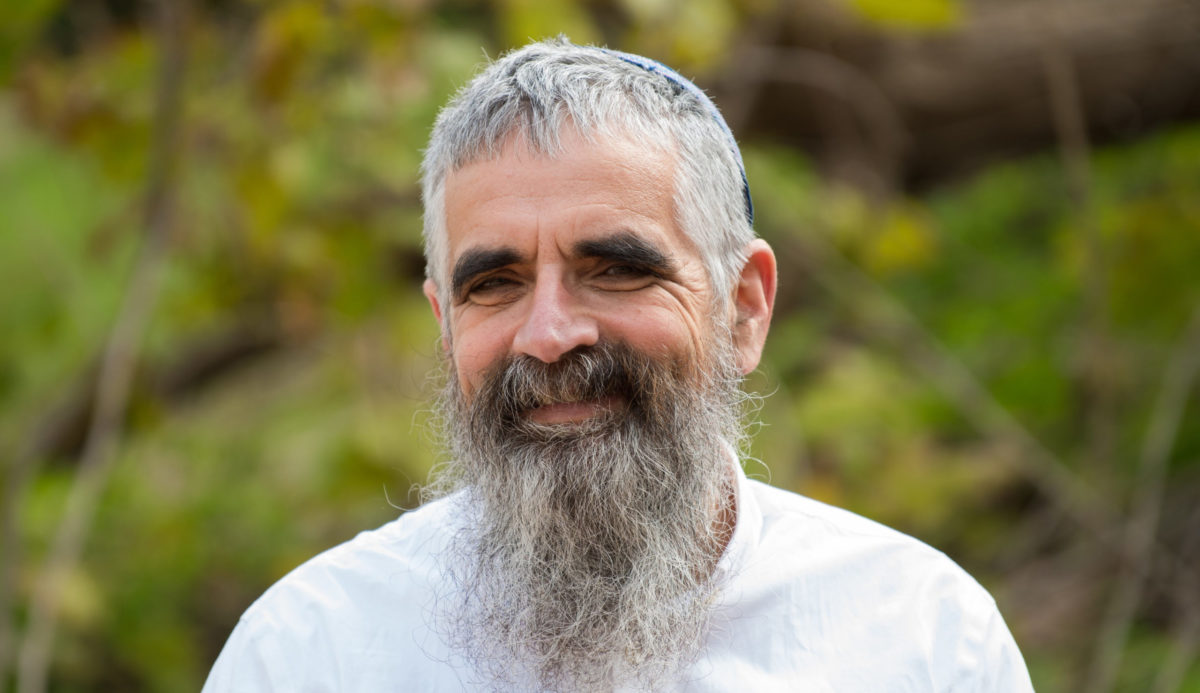
Parshot/Festivals

The lessons we can learn from drinking on Purim
In many cultures and religions, we find certain days on the calendar commemorated by a certain degree of “escapism”. Actions that would be deemed abnormal on a typical day are embraced as the norm, often leading to behaviour that can approach the chaotic or even lawless.
In the greater world, “carnival culture” gives people the opportunity to let loose and act in ways that many would never even think of engaging in outside of that setting.
In Jewish tradition, the day that most approaches this idea is Purim. The explanation for this can be found in the written text of Megillat Esther, which highlights the concept of upheaval, or turning reality upside down.
The Megillah itself is different from any other biblical text. G-d’s name is never mentioned. An evil decree is launched against the Jewish people, but unlike all the many other times this is recorded in biblical texts, there is no explicit reason given for why this decree was issued.
The Megillah discusses extensively issues which on face value, aren’t directly related to the story. This, along with other practical and thematic differences make it stand alone among other texts we read and learn.
Purim day itself is also different from any other day in the Jewish calendar. There are specific mitzvot that aren’t observed on any other day. Our sages specifically ordained that people should get inebriated to the extent that they are unable to distinguish between Mordechai the righteous and Haman the villain.
Like nearly every action which asks us to stray from our “normal” modes of behaviour, this halacha has the ability to be done in a way that brightens our world and those around us, and almost as easily has the ability to darken that very same world.
Everyone who has enjoyed alcohol with the purpose of embracing Torah values or to open one’s heart in honest conversation knows that drinking can have a wholly positive and even heavenly purpose.
But we also know how Purim can become a truly dark and disturbing day, where children and teenagers become exposed to the evil side of excessive or irresponsible drinking. This can lead to complete lack of control and place people in great danger. Alcohol also has the additional risk of leading a drinker quickly along a path of addiction, a concept which is all that much more frightening when we’re talking about our children or grandchildren.
We are, therefore, presented with a real challenge in which tradition asks us to confront an activity which brings with it the potential for danger.
One option is to abstain completely. Stay away from drinking altogether, and avoid potentially problematic parties. This makes a strong statement of avoiding potential risks. But for many – particularly impressionable teens and young adults – it’s not overly practical. It’s also not the best way to educate children about the importance of moderation and responsibility. Practically, teenagers will be exposed to these parties, and will drink.
Perhaps more importantly, if we are to completely ban drinking, it also ignores one of the basic elements that comes with the holiday.
The second option is to look at this challenge as a real teaching opportunity. Educators and parents should approach this issue by speaking to our students and children honestly about the realities and dangers that come with drinking, particularly the dangers associated with Purim.
We shouldn’t deny that alcohol can be a positive thing when closely and carefully controlled, allowing us to escape from behind the “mask” which we wear the rest of the year. But they need to understand that when it’s uncontrolled, the results can be tragic.
The message is that when we act responsibly and remain in control, it can even be a blessed thing. The goal is to instil in the next generation the fact that we view our approach to this holiday as challenging. If it accepts that challenge with the proper steps in place, then alcohol need not be prohibited completely.
From both educational and ethical perspectives, this is an appropriate lesson with which we need to approach Purim every year – and one which is applicable at all other times as well.
Young people need to appreciate that there are many inherent dangers in our world, in both what we do and who we interact with. But life gives us tools and capabilities to encounter those potential dangers and use them in a way that can be positive and beneficial rather than destructive. To bring light rather than darkness, and indeed, to make us better and stronger people.
This is a key message and one that needs to be approached with patience and sensitivity. But if it’s conveyed effectively, we can be confident that we will educate our children to be better prepared and equipped to make the difficult moral, ethical, and practical decisions that lie ahead.
- Rabbi Yuval Cherlow is the director of Tzohar’s Center for Jewish Ethics in Israel.










